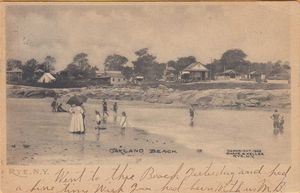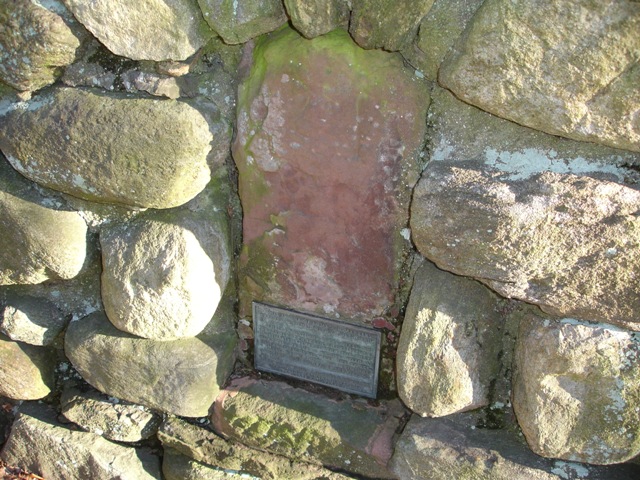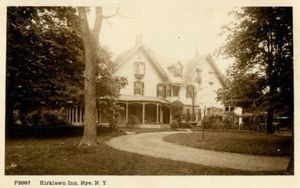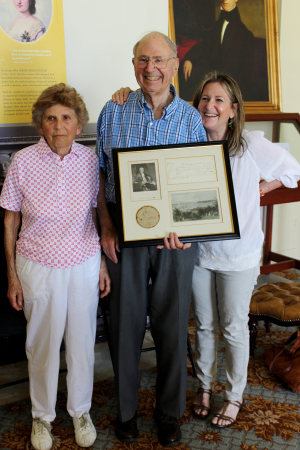Papers from Our Past: Presidential Fatherhood: John Quincy Adams
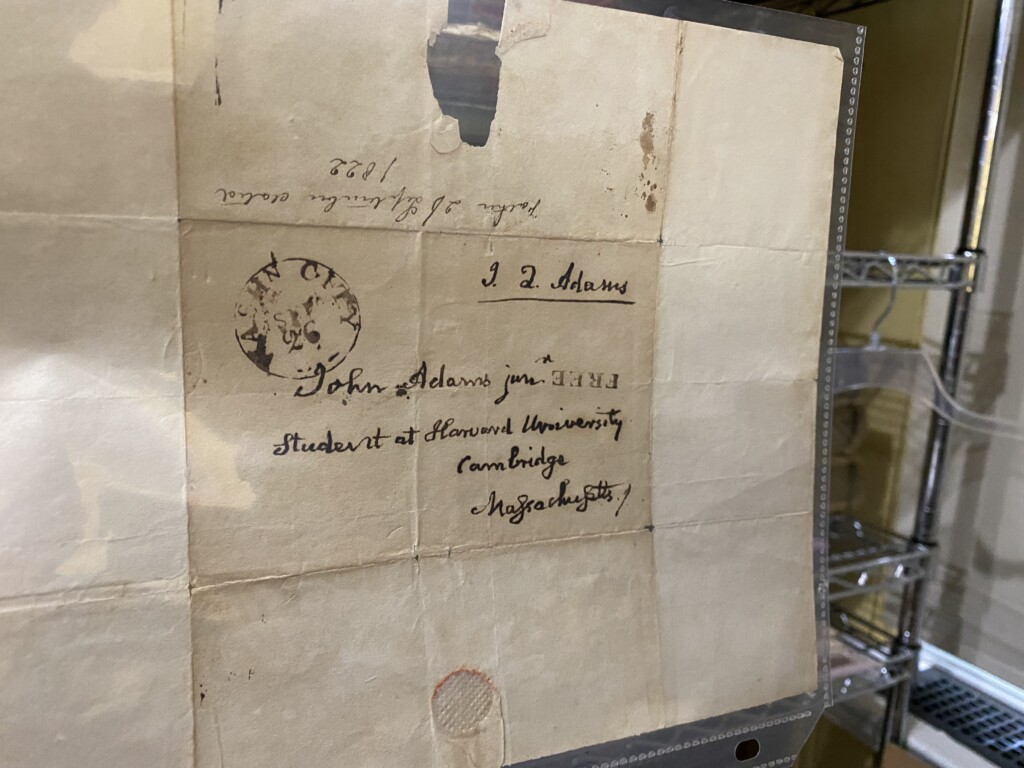
MyRye.com is working with the Rye Historical Society on Papers from our Past. The Rye Historical Society Archives contains centuries of stories, from everyday life in Rye to significant events in American History.
By James Weld, Class of 2021 and Rye Historical Society Senior Intern
Among the dark drawers and thick, dusty archives of the Rye Historical Society, a serendipitous historical discovery was made. An envelope, from Secretary of State and future President John Quincy Adams to his son, was unearthed from the cluttered stacks of tax forms and census papers. Upon confirmation of the authenticity of the envelope with the caretakers of the Adams Family Papers in Massachusetts, Rye received a digitized copy of the original letter along with insight into a complicated father/son relationship. As Father’s Day rolls around again and we come together to celebrate our dads, this letter deserves particular attention.
John Adams II was born to be successful. The son of an accomplished statesman and the grandson of a famed President and founding father, his upbringing was one of privilege and great expectations. However, as these things often go, climbing the ladder of success was not in the stars for Adams II as it had been for his forefathers. While attending Harvard he struggled increasingly with academics, leading his father to worry. John Quincy Adams wrote to encourage his son, as any father would, and to tell him to persevere through this hardship and apply himself. John Quincy Adams wanted his son to follow in his footsteps, as he had followed his father, and saw a completed education as the first step in that direction. However, his encouragement fell on deaf ears.
In 1823, Adams II would participate in a “student rebellion” to protest the living conditions and curriculum at Harvard College, resulting in his expulsion. Fifty years later, many of these students were given retroactive undergraduate degrees and added to the Roll of Graduates in 1873, including Adams II. Unfortunately, he was not alive to see it. In 1834, after years spent struggling to find his place in the world, Adams II died of alcoholism.
The encouraging father and rebellious son is a motif we are all familiar with. It is natural for a dad to want the best for his son, and to guide him in the direction of prosperity; just as it is common for a privileged teenager to rebel against the parental pressure. Even though he was busy carving up the Western Hemisphere and navigating the difficult world of early 19th century diplomacy, Quincy Adams still found time to lend encouragement to his wayward boy. As we recognize yet another Father’s Day, this very personal letter provides a striking example of the stories untold and the powerful force our dads can be in our lives, through thick and thin.
With gratitude for the Massachusetts Historical Society, we share this excerpt from the letter:
“One half-hour more a day of close study than you gave would have yielded you the 5 marks, and placed you where I had required of you to stand at that time, within the first twelve [students in the class]. You must more than accomplish this before the next vacation. The President [of Harvard] expressly writes that by perseverance you will yet improve your standing, but I ask you to do more than persevere. You must redouble your application. You have now before you, as I have learned from your brother George, a laborious term. Let me interest you to make the best improvement of it. I hope to hear from you, and of you before its close, in such manner as will enable me to invite you to come and pass the winter vacation with us.”
Signed, “I am your ever affectionate father, John Quincy Adams”

